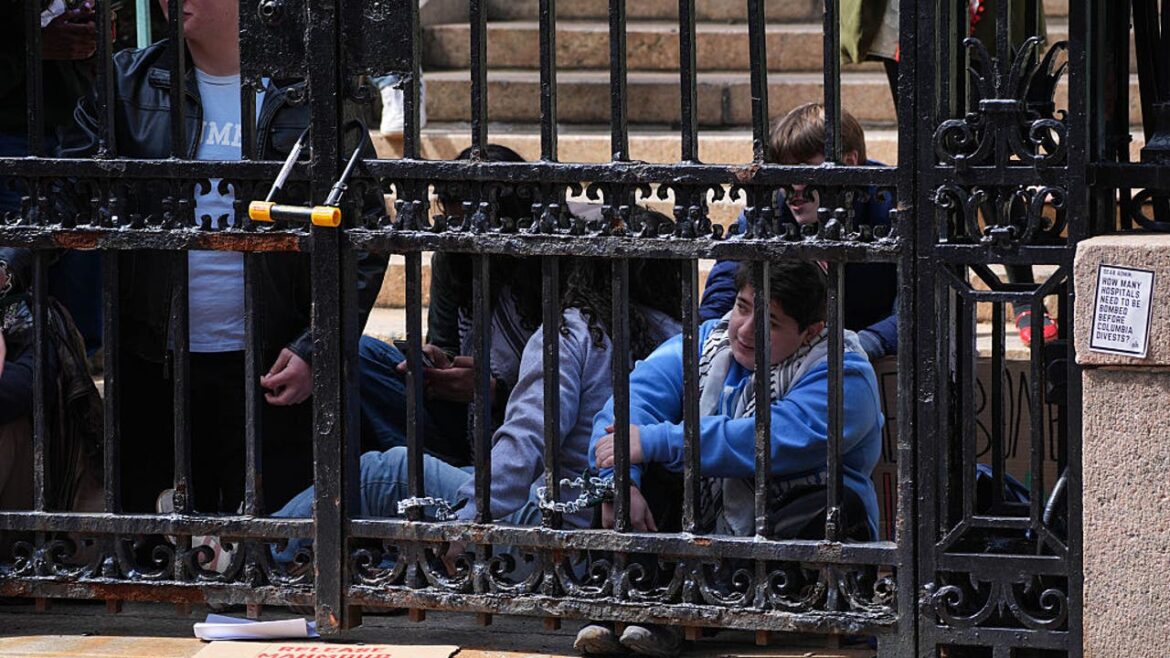Understanding the Trump Administration’s Conflict with Columbia University
Background of the Conflict
Tensions between the Trump administration and Columbia University have escalated significantly, especially following protests on campus sparked by the Israel-Hamas conflict. These protests have drawn attention to issues of antisemitism and free speech within academic institutions, placing Columbia at the center of a national conversation.
The Recent Court Ruling
A recent ruling by a federal judge in Manhattan has mandated that Columbia University provide students, including activist Mahmoud Khalil, with a 30-day notice before releasing any further documents to Congress. This decision aligns with an ongoing investigation by the House Education and Workforce Committee into perceived antisemitic conduct on college campuses.
While the ruling permits the university to share certain records, it also protects the students’ rights to challenge such disclosures. Khalil’s legal team contends this ruling underscores a crucial aspect of safeguarding political speech on campus from what they describe as governmental overreach.
Implications of the Ruling
Judge Arun Subramanian noted that while Columbia must comply with Congress, it can avoid immediate compliance if the students successfully address the court’s procedural concerns. Although some documents have been previously submitted with identifying information redacted, Columbia has indicated that it does not currently intend to provide additional records.
Congress’ Investigation into Campus Antisemitism
The House investigation, spearheaded by Republican Rep. Tim Walberg from Michigan, seeks disciplinary records from universities amid what lawmakers describe as a rise in antisemitic incidents in response to the Israel-Gaza conflict. Khalil, who faces deportation, has been particularly vocal in opposing the university’s possible cooperation with Congress, arguing that it would infringe upon students’ First Amendment rights and inevitably suppress free expression on campus.
“Our Committee will not sit by idly as a wave of antisemitic threats flood our colleges and universities,” said Rep. Walberg, who characterized the judge’s ruling as a step forward in ensuring oversight.
Responses from Students and Legal Advocates
The ruling has been met with a mix of relief and concern from Khalil and other activists. Their legal representatives have framed the decision as a pivotal moment to challenge what they label as federal encroachments on political expression.
“We now know that the government is testing the First Amendment’s limits,” stated the students’ legal team, stressing the importance of collective resistance against perceived violations of free speech.
The Importance of the Situation for New Yorkers
Columbia University sits at the heart of a significant cultural and academic landscape in New York City. The ongoing legal battles over free speech and federal intervention are poised to influence how universities navigate tensions arising from national and global conflicts.
As debates over free expression reach fever pitch, this case may set new precedents regarding institutional responses to federal oversight, making it a focal point for observers both locally and nationally.



